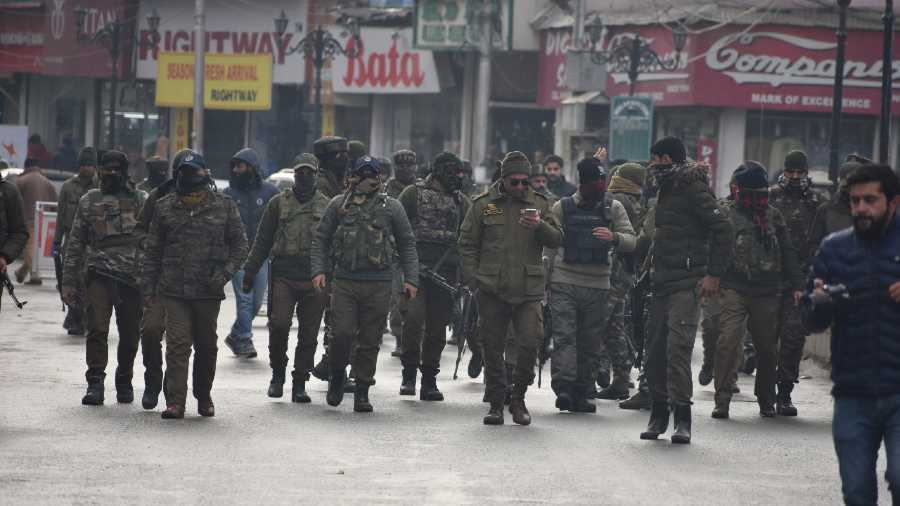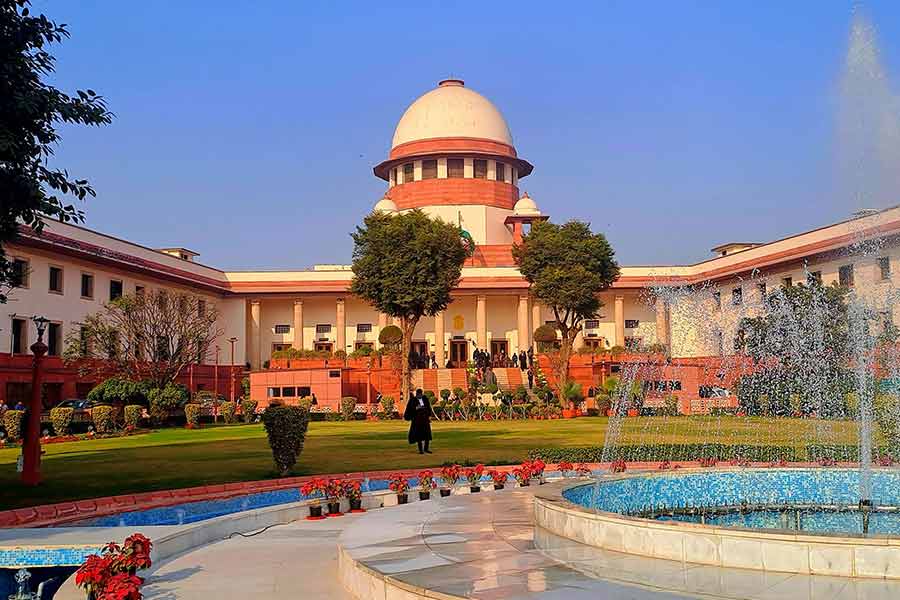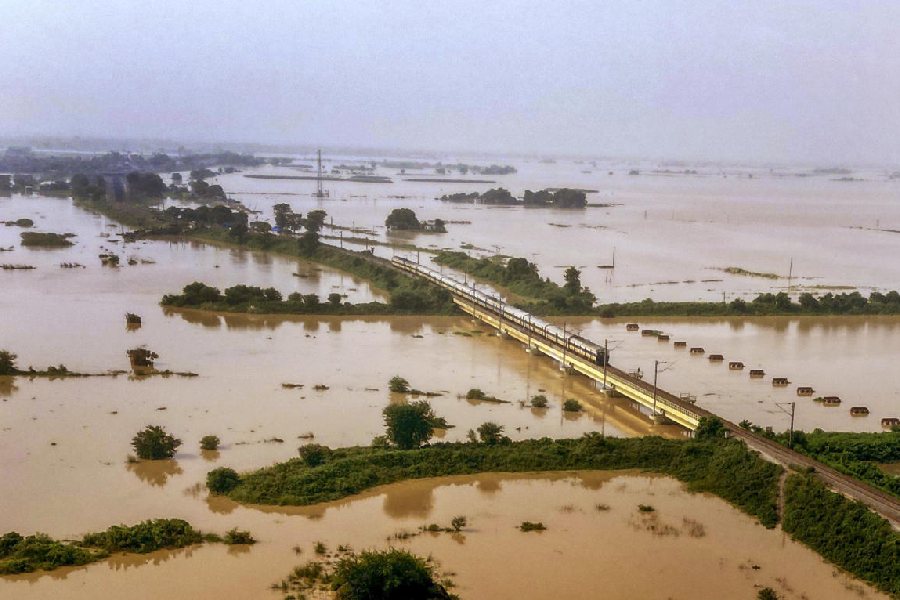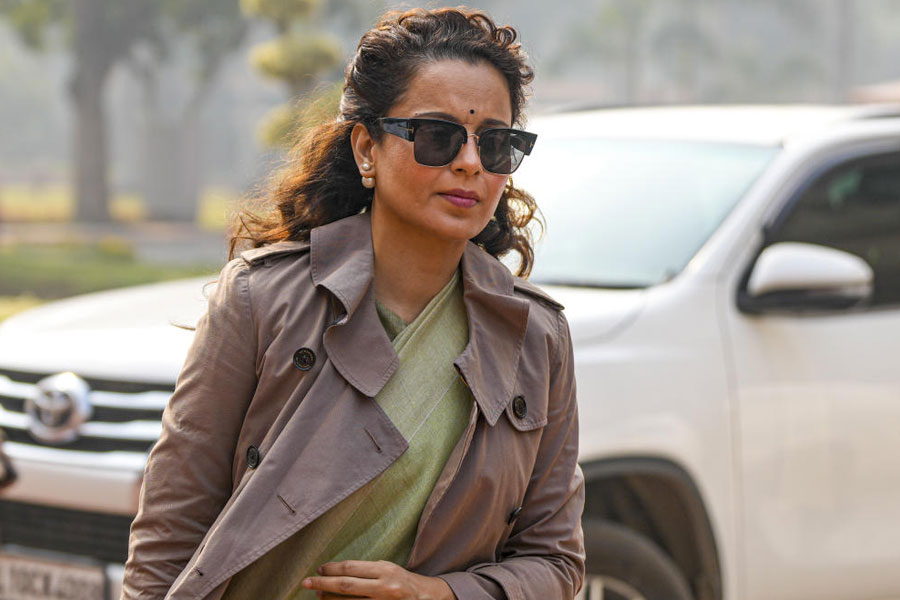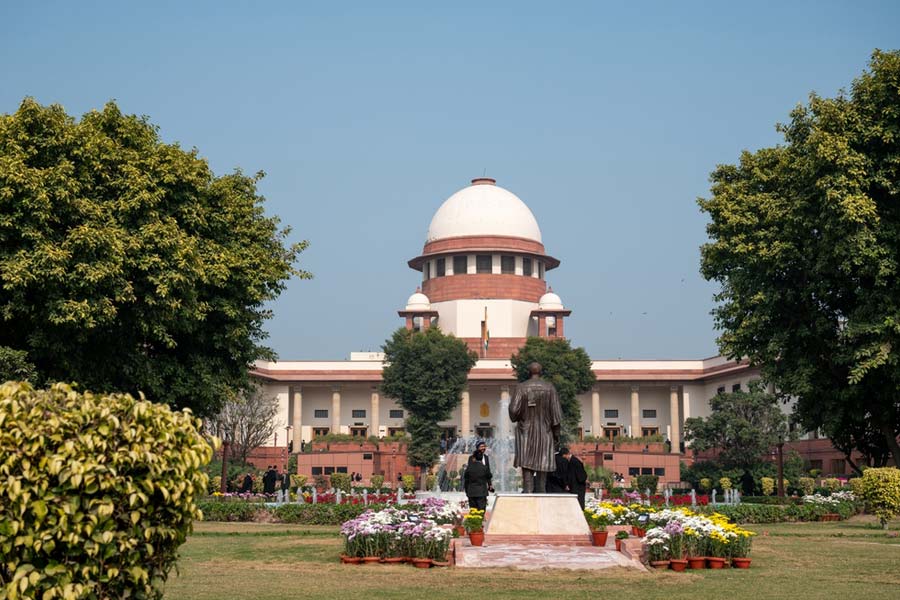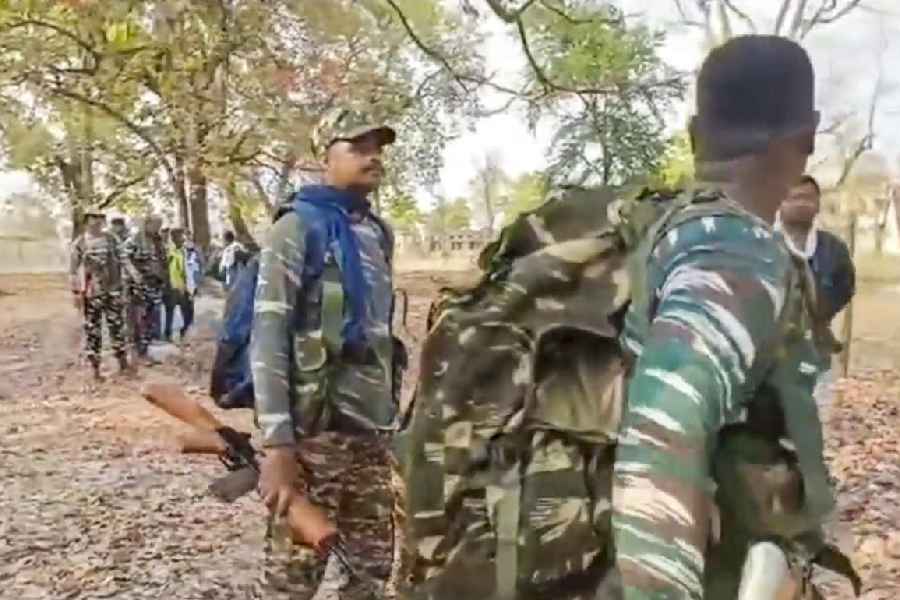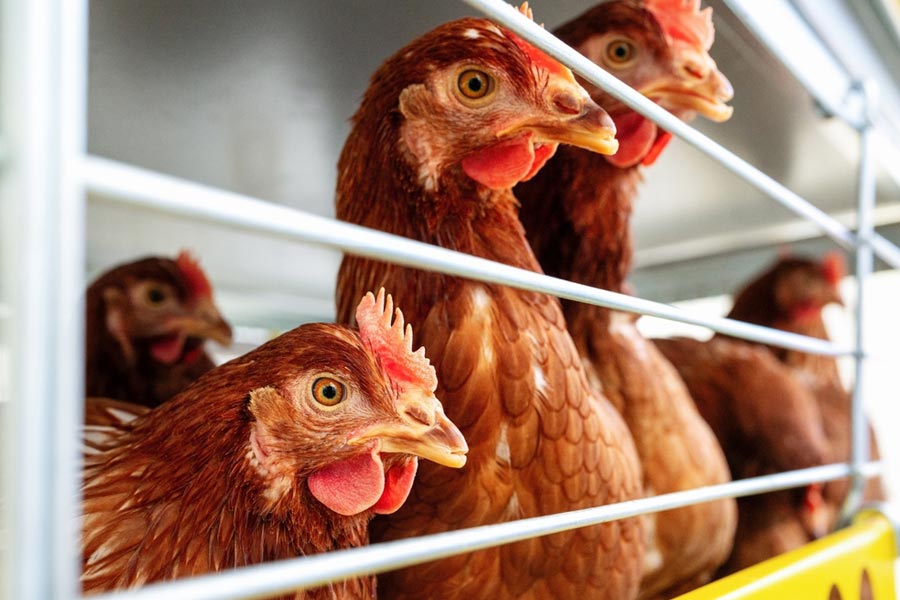Jammu and Kashmir has seen an addition of 7.5 lakh new voters against the expected 25 lakh, with a large number of non-locals living in the Union Territory staying away from the exercise.
The lukewarm response from non-locals — barring those who have been permanently living in Jammu and Kashmir for decades, including West Pakistani refugees — is being seen as a rebuff to government claims of normality.
The exercise undertaken on the orders of the Election Commission of India to map the post-delimitation 90 Assembly constituencies reveals there was a net increase of 7,72,872 electors in the final electoral roll, a 10.19 per cent net increase in registered voters over the draft roll.
A government release said a record 11,40,768 claims for registration of voters were received.
“Out of these, 11,28,672 claims were accepted and only 12,096 claims were rejected. This included 3,01,961 claims of inclusion in the age group of 18-19. A total of 4,12,157 requests for deletion were received out of which 3,58,222 were accepted and 53,935 were rejected,” the statement said.
The 7.77 lakh additions have increased the number of voters to over 83.59 lakh. They include 42.91 lakh males, 40.67 lakh females and 184 third-gender persons.
“Net addition of 7,72,872 electors, that is more than 10 per cent of the draft electors, is a milestone as the best figure till date even in election year SSRs (special summary revision) was less than 2 lakh,” the statement said.
The government did not give the break-up of local and non-local voters on the list. BJP spokesman R.S. Pathania, who has been closely monitoring the revisions, said he believed that around four lakh new voters would be West Pakistan refugees, Gorkhas and Valmikis.
West Pakistan refugees had migrated to Jammu and Kashmir in the wake of partition in 1947 and were denied voting rights in Assembly and local elections as they were not original residents of the princely state of Jammu and Kashmir.
The Gorkhas and Valmikis had come to Jammu and Kashmir decades ago from mainland India and they too were denied these rights.
“I believe a miniscule number of non-locals, not more than a lakh, have registered themselves as voters,” Pathania told The Telegraph.
If that is true, most of the additions are in Jammu as these communities live exclusively in that region.

